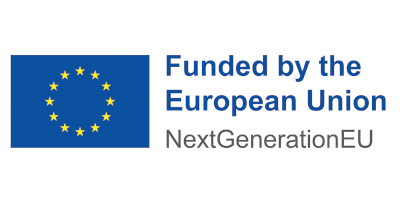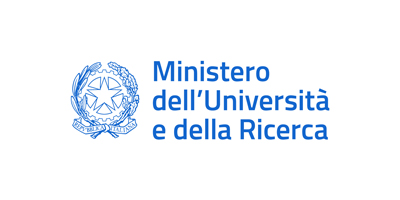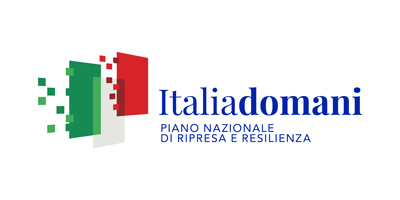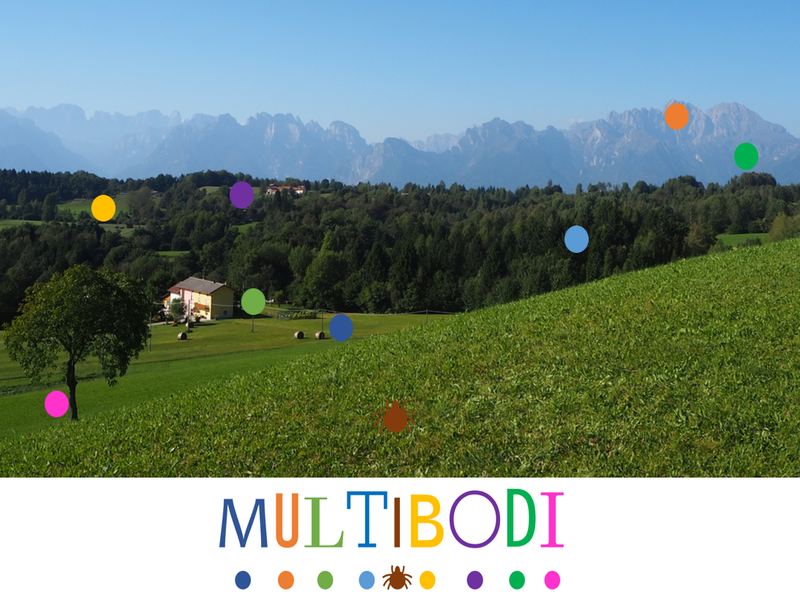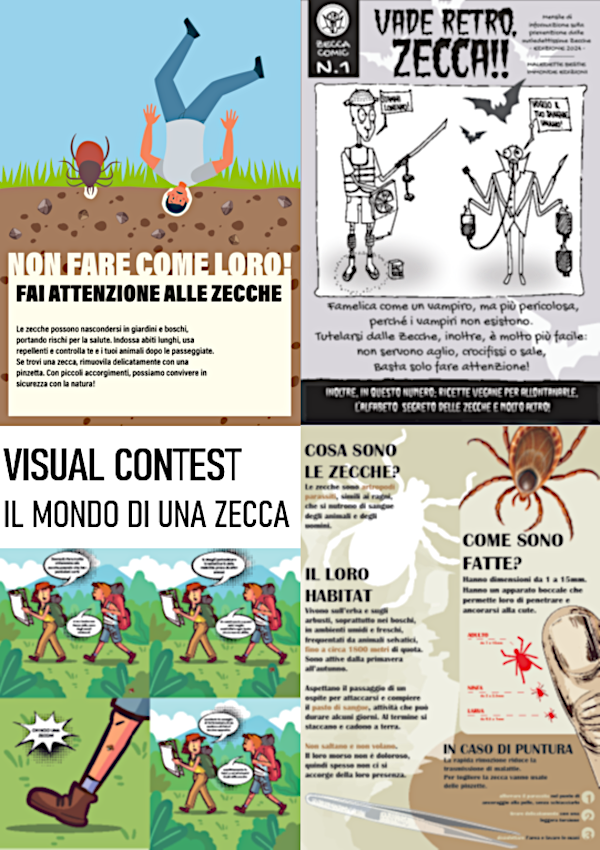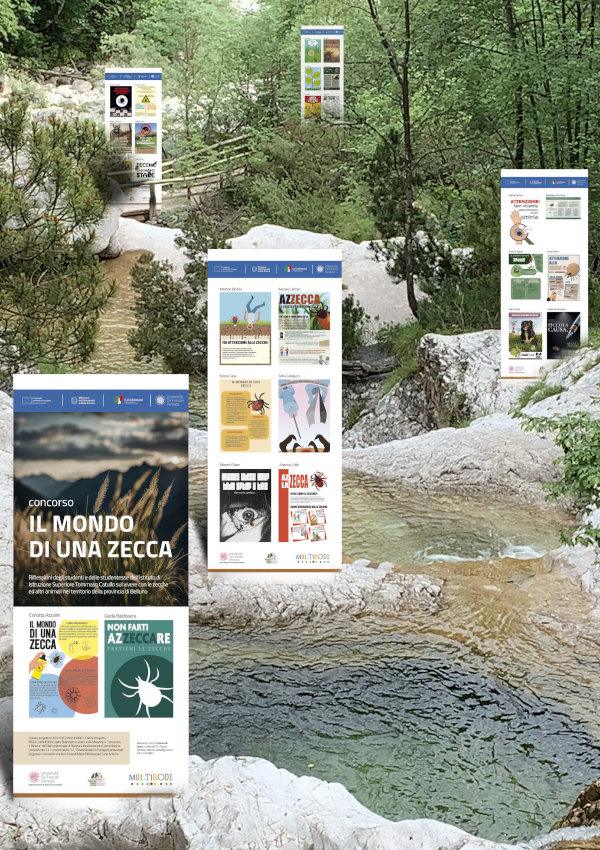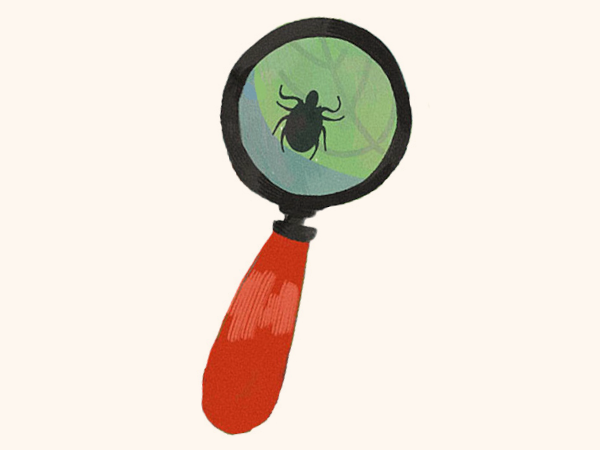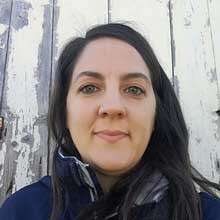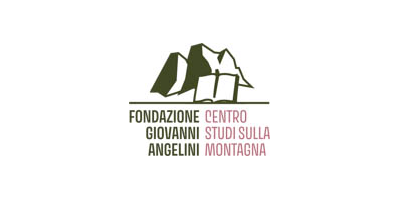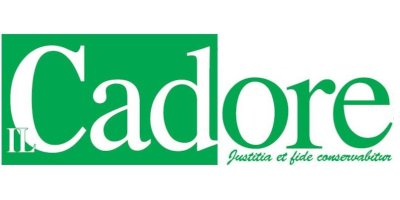MULTIBODI
A MULtispecies ethnography of human-animal-environment assemblages for TIck-BOrne DIsease prevention in Italy and Slovenia
Project
In the human population, Lyme disease and tick-borne encephalitis are the two fastest-growing tick-borne diseases, causing mounting concern all over the world, especially in the Northern Hemisphere. Ticks infect wild, domestic and farm animals too, causing a vast range of diseases. So far, the prevention of human tick-borne diseases has mainly focused on individual protective measures – and with limited success. The design of strategies that involve the entire human-animal-environment community, through an integrated One Health approach, has received limited attention with regard to these two zoonoses, while it has already proven effective for many others.
MULTIBODI aims at building with local communities an interdisciplinary, intersectoral, ethnography-informed conversation on different ways of living alongside ticks through different ways of living with animals, woods, fields and pastures in the mountain environment of today’s Italy and Slovenia.
Nature of the project
MULTIBODI is:
- Participatory: It engages with multiple perspectives – mushroom collectors from woods, mayors from city halls, sheep from meadows, dogs from veterinary practices, etc. – to put together a picture that shows how the entanglement of multispecies lives results in tick-borne disease infection.
- Bottom-up (literally): It explores the world-around-ticks starting from the world-of-ticks – grass blades, leaf carpets, berry bushes, wood piles, etc. – and zooming out to include human behaviours, wildlife movements, animal husbandry, forest use, etc.
- Bottom-up (figuratively): It is planned to develop according to the inputs of the community, replacing the concept of “social acceptability” with that of “active citizenship”.
- Applied: It not only investigates tick-borne disease prevention through the lens of One Health, but also brings together people interested in imagining new ways of securing health and wellbeing for the environment, animals and themselves.
Research
Objectives
The specific objectives are:
To map the stakeholders – across different sections of society, institutions, disciplines and geographical scales (local, national and European) – who are already engaged in, or could be interested in joining, an exchange of views on One Health-inspired tick-borne disease prevention.
To disentangle the local, context-specific, socio-economic-ecological complexities of disease transmission through the collection of qualitative data on the experience, knowledge and perspectives of local people on how to cope with, and reduce, the risk of tick-borne diseases in humans and animals.
To share and discuss in community juries the knowledge co-produced and the concerns, priorities, and strategies identified in Obj. 1 and 2.
Research materials
- Anonymous questionnaire on tick perception (only for adults and local residents):
Italian version of the questionnaire [ITA] / Slovene version of the questionnaire [SLO]
Events
2025
- Final exhibit “Il mondo di una zecca”, 9 January - 8 February 2026
This final project event brings together research texts, photographs and images produced by anthropologist Deborah Nadal, photographers Vito Vecellio and Luca Frigo, and 43 students of Tomaso Catullo High School in Belluno. The exhibit will be held on the first floor of Palazzo Bembo in Belluno, from the 9th of January to the 8th of February 2026, as part of the festival Oltre le Vette [ITA]. The opening event, which will also host the public awareness meeting “Parliamo di zecche. Percezione e gestione del rischio di infezione”, will take place at 10 am on the 11th of January 2026.
- Paper “Mapping with ticks in some Italian mountains. Collective reflections on whose knowledge goes onto a map, why and how” at the World Anthropological Union Congress, Antigua, Guatemala, 3-8 November 2025
- Paper “La percezione sociale delle malattie trasmesse dalle zecche in provincia di Belluno” at the congress “Malattia di Lyme: diagnosi e terapia tra evidenze e nuove prospettive”, Ca’ Foscari University of Venice, 18 October 2025
- Paper “Una valanga di zecche. Come descrivere il presente per non togliere speranza al futuro della vita nelle montagne bellunesi” at the conference of the Società Italiana di Antropologia Culturale [ITA], Matera, Italy, 25-27 September 2025
- Lecture “Managing bodies, organizing health” at Vrije Universiteit, Amsterdam, The Netherlands, 16 September 2025
- International event “Let's talk ticks. A conference beyond the limits of disciplines and academia”, 1-4 September 2025
Organized by three anthropologists, this conference aims to bring together people interested in sharing knowledge, reflections and experiences about / around / with ticks across different disciplines and sectors of society. For two days at Ca’ Foscari University of Venice and two days on a field trip to the nearby Dolomites, this event fosters conversations between parasitologists and shepherds, Lyme patients and clinicians, veterinarians and hunters, sociologists and trekkers, and many others. The ultimate goal is to identify research priorities and societal needs on how to live alongside ticks and the risk of tick-borne diseases, and to reflect on how these gaps can be addressed through interdisciplinary and intersectoral collaborations.
Check out the Agenda, Info pack and Map.
For further information: Deborah Nadal.
- Visual contest exhibition "Il mondo di una zecca", 1 July-31 August 2025
In 2024, 43 students from the Institute of Higher Education “Tommaso Catullo” in Belluno participated in this tick-themed visual contest. Thanks to all participants, their teachers and the school principal.
In April 2025, the award ceremony took place, where the works of Martino Bridda and Elisa Monfè (age group 14-17) and Matilde Paniz and Chiara Resca (age group 18-21) were particularly appreciated.
In July and August 2025, the travelling exhibition that has resulted from this initiative will be at Cadini del Brenton (Valle del Mis, Belluno).
|
|
Exhibition poster 1/07-31/08/2025 [ITA] | 630 KB |
|
|
Visual contest call 2024 [ITA]
Deadline: 10 November 2024 |
628 KB |
- Series of community meetings “Parliamo di zecche. Percezione e gestione del rischio di infezione” in the Belluno province, 2025-2026
- Palazzo Bembo, Belluno, 11 January 2026
- Room Merlin, San Gregorio nelle Alpi, 10 December 2025
- Room Bianchi, Belluno, 24 October 2025
- Museo della pietra e degli scalpellini, Castellavazzo, Longarone, 19 September 2025
- Seat of Padola’s Regola, Padola, Comelico Superiore, 7 August 2025
- Seat of Costalta’s Regola, Costalta, San Pietro di Cadore, 6 August 2025
- Seat of Costalissoio’s Regola, Costalissoio, Santo Stefano di Cadore, 5 August 2025
- Community hall, Tambre, 17 July 2025
- Room Almerindo Rizzardini, Fusine, Val di Zoldo, 1 July 2025
- Algudnei Museum, Dosoledo, Comelico Superiore, 20 June 2025
- Room Placido Fabris, Pieve d’Alpago, 10 June 2025
- Dairy farm, Valmorel, Limana, 30 May 2025
- Della Lucia High School, Vellai, Feltre, 26 May 2025
- Bar Zalepo, Pozzale, Pieve di Cadore, 22 May 2025
- Tomaso Catullo High School, Belluno, 4 April 2025
- Lecture “Chi ha cambiato chi? La co-metamorfosi di persone, animali, ambiente e zecche nelle montagne bellunesi” at the University of Turin, Turin, Italy, 23 January 2025
Previous years
2024
- Paper “Boschi che camminano, zecche che li seguono. Riflessioni locali sui tempi, gli spazi e le complessità di nuovi equilibri di specie tra umani, animali ed ambiente nelle montagne bellunesi” in the seminar “Antropologia delle invasioni biologiche. Etnografie a confronto nelle geografie italiane”, University of Milano-Bicocca, 3 December 2024
- Poster “Finding One Health solutions for tick-borne disease risk reduction with ticks, other animals, humans and the environment: results from an ethnographic study in some mountains of Northeastern Italy” at the World One Health Congress, Cape Town, South Africa, 20-23 September 2024
- Paper “Ticks on the move. Imagining new disease entanglements in a changing climate” at the International Convention of Asia Scholars, Surabaya, Indonesia, 28 July-1 August 2024
- Workshop “One Health imaginative workshop for the identification of functional values and drivers for change” at the International Convention of Asia Scholars, Surabaya, Indonesia, 28 July-1 August 2024
- Panel “Multispecies ethnography in the making. Learning and unlearning from a relationship with others” at the conference of the European Association of Social Anthropologists, Barcelona, Spain, 23-26 July 2024
- Paper “A promising future for ticks. One Health challenges to control the global increase of tick-borne diseases in animals (and their humans) in a changing climate” in the panel “Panzootics, beyond pandemics and zoonoses” at the conference of the European Association of Social Anthropologists, Barcelona, Spain, 23-26 July 2024
- Panel “Multispecies assemblages in times of climate change-induced (eco)systemic transformations. An interdisciplinary discussion on how ticks, fleas, mosquitoes, and other vectors of human and animal diseases restructure the world” at the Conference of the International Society of Ethnobiology, Marrakesh, Morocco, 15-19 May 2024
- Paper “Why did God create ticks? Finding meaning(s) in biodiversity amidst tick-borne disease risk and land abandonment in the mountains of Belluno, Italy” in the panel “Multispecies assemblages in times of climate change-induced (eco)systemic transformations. An interdisciplinary discussion on how ticks, fleas, mosquitoes, and other vectors of human and animal diseases restructure the world” at the Conference of the International Society of Ethnobiology, Marrakesh, Morocco, 15-19 May 2024
- Paper “Usare le zecche per difendere le pecore dai lupi. Nuove narrazioni politiche per nuovi equilibri di specie nel bellunese” at the Conference “Ritornare selvatici. Tendenze socio-spaziali nelle aree rurali fragili [ITA]”, Rovigo, Italy, 22-23 March 2024
- Paper “Wood ticks or sheep ticks? Hope in diluted landscapes in some Italian mountains, between tick-borne diseases and land management” at the workshop “The many ethnographic faces of the parasite” of the Centre for Research in the Arts and Social Sciences, Cambridge, UK, 15 March 2024
Team
Deborah Nadal
Deborah Nadal, from Italy, is a medical anthropologist specialising in human-animal-environment health (One Health), zoonotic diseases, community-based participatory research and South Asian studies. After her PhD research on dog-cow-macaque-human co-existence in northern India (which resulted in the Wenner Gren-funded book “Rabies in the Streets: Interspecies Camaraderie in Urban India”), she completed a 3-year Marie Skɫodowska Curie Postdoctoral Fellowship, funded by the European Union, at the University of Glasgow (UK) and the University of Washington (USA), where she worked on dog and human rabies in western India. At Ca’ Foscari University of Venice, she is now the principal investigator on this project on ticks and she teaches animal folklore. Since 2021, she also works as a consultant for the Department for the Control of Neglected Tropical Diseases at the World Health Organization (Switzerland).
Kristina Seljak
Kristina Seljak, from Slovenia, is a cultural anthropologist specialising in material and immaterial heritage, museography and community-based participatory research on health-related topics. She has contributed significantly to projects addressing societal challenges, such as her research on inequalities and vulnerabilities in healthcare in Slovenia, which provided insights into everyday life and barriers to accessing healthcare. She also played a crucial role in creating a Multilingual Handbook for Easier Communication in Healthcare, which enables better interaction between migrants and healthcare providers. Kristina's expertise spans interdisciplinary research, qualitative analysis, multilingual communication and project management.

